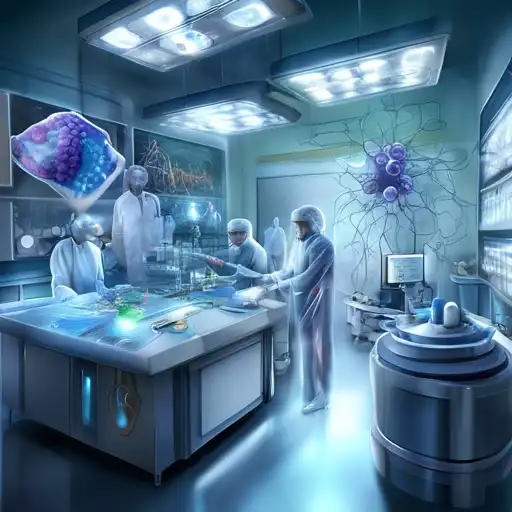Introduction to Nanotechnology in Medicine
Nanotechnology, the science of manipulating matter at the atomic and molecular level, is set to revolutionize the medical field. With its ability to operate at the nanoscale, this technology offers unprecedented opportunities for diagnosing, treating, and preventing diseases. This article explores the groundbreaking advancements and potential of nanotechnology in medicine.
The Promise of Nanotechnology in Healthcare
Nanotechnology in medicine, often referred to as nanomedicine, involves the use of nanoparticles to deliver drugs, heat, light, or other substances to specific cells in the body. This precision targeting minimizes damage to healthy cells and maximizes the therapeutic effects, offering a new horizon in treatment methodologies.
Key Applications of Nanotechnology in Medicine
- Drug Delivery: Nanoparticles can be engineered to deliver drugs directly to diseased cells, reducing side effects and improving efficacy.
- Diagnostic Techniques: Nanotechnology enhances imaging techniques, allowing for earlier and more accurate diagnosis of diseases.
- Regenerative Medicine: Nanomaterials are being used to repair or replace damaged tissues and organs, heralding a new era in regenerative medicine.
- Cancer Treatment: Targeted nanoparticle therapies are showing promise in treating various types of cancer with minimal side effects.
Challenges and Ethical Considerations
Despite its potential, the integration of nanotechnology into medicine faces several challenges, including safety concerns, ethical issues, and the need for extensive clinical trials. Addressing these concerns is crucial for the successful adoption of nanomedicine.
Future Prospects
The future of nanotechnology in medicine is bright, with ongoing research paving the way for innovative treatments and diagnostic tools. As scientists overcome current limitations, nanomedicine is expected to become a cornerstone of modern healthcare.
Conclusion
Nanotechnology in medicine represents a paradigm shift in healthcare, offering solutions to some of the most challenging medical issues. With continued research and development, the next big thing in medicine is already here, promising a healthier future for all.
